Pioneering photographer Ernest C. Withers is credited with capturing over 60 years of African American history in the segregated South, which include iconic images of the Montgomery Bus Boycott.
Withers was born in Memphis, Tennessee, to Arthur Withers and Pearl Withers of Marshall County, Mississippi; he also had a step-mother, Minnie Withers.
Withers took his first photograph in high school after his sister gave him a camera she received from a classmate. During World War II he received training at the Army School of Photography. After the war, Withers served as one of Memphis’ first African-American police officers.
He married and had eight children with his wife. Since photography was his passion, he started a photography business, Withers Photography Studio. Withers traveled around the world making friends with well-known names including Alex Haley, Eartha Kitt, Brock Peters, Stokley Carmichael and numerous others. He traveled with Martin Luther King Jr. during his public life. Withers’ coverage of the Emmett Till murder trial brought national attention to the racial violence taking place during the 1950s in Mississippi, among other places.
Years later in 2013, the FBI released documents relating to Ernest Withers in response to a Freedom of Information Act (FOIA) request by a Memphis newspaper, The Commercial Appeal. The documents begin in 1946 with the FBI investigating Withers as a possible communist, as he was a member of the United Negro Allied Veterans of America (UNAVA) after serving in World War II, and the group was thought to have communist ties. Withers died from complications of a stroke in 2007.
sources:
https://www.newyorker.com/culture/photo-booth/the-double-life-of-ernest-c-withers

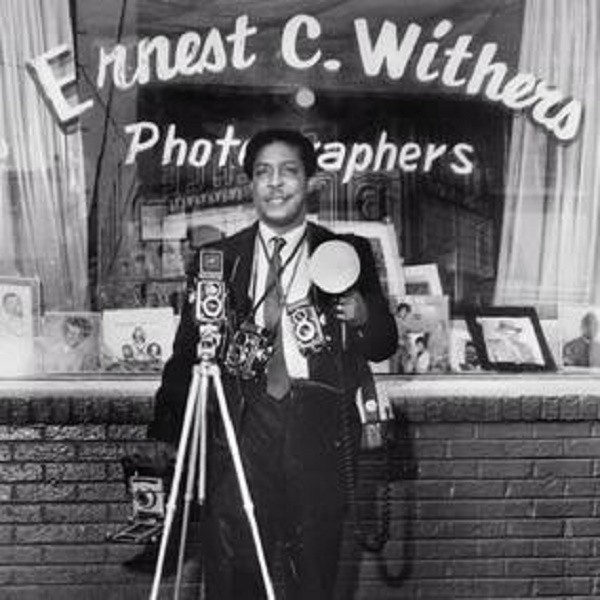



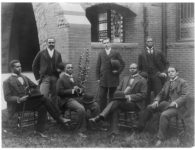

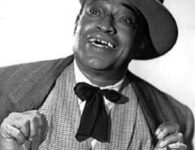

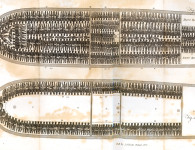
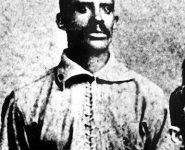
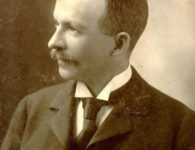
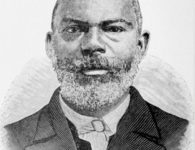

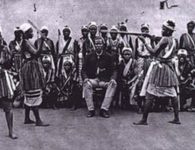
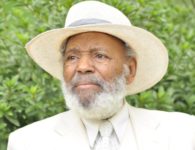


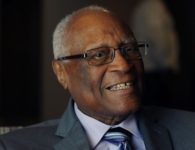


No comments